
Grieving in Advance: Why Anticipatory Grief Feels Like Living in Two Timelines
Anticipatory grief is the experience of grieving a loss before it fully happens—loving someone in the present while also mourning their future absence. It can bring a mix of sadness, anxiety, guilt, and even joy, leaving you feeling like you’re straddling two timelines at once. These symptoms are not weakness but signs of your body and mind preparing for change. With grounding practices, compassionate self-care, and support such as grief counseling or EMDR, it’s possible to stay rooted in the present and carry both love and grief with more steadiness.

When the World Feels Blurry: Brain Fog as the Mind’s Way of Protecting You
If you’re grieving and feel scattered, forgetful, or unlike yourself, you’re not alone. Brain fog is a common and expected part of loss, caused by the strain grief places on your nervous system. While it can be unsettling, the fog has a protective role—it allows you to process grief gradually rather than all at once. Over time, and with the right support, clarity and focus begin to return piece by piece.

Parenting While Grieving: How to Support Your Kids When You’re Hurting Too
Mothering through grief is a relentless balancing act: tending to your own pain while trying to support your children through theirs. It can feel like carrying two backpacks: yours already heavy with loss, and theirs added on top. This blog is here to name what makes that load so heavy, explore how grief impacts both you and your kids, and share tools that can help you get through the days when it feels impossible.

Postpartum Rage: What It Is, Why It Happens, and How Therapy Can Help
Many new moms feel intense, overwhelming anger in the weeks or months after giving birth and have no idea it can be a symptom of postpartum mood disorders. Surprising to many, irritation and anger can be signs of depression. Postpartum rage is not just “being cranky” or “having a short fuse.” It is a sudden, powerful wave of anger that rises quickly and often feels disproportionate to the situation at hand. It can be scary, especially if you do not usually think of yourself as “an angry person.”

Understanding Anticipatory Grief: How to Navigate the Pain of What’s to Come
If you’ve ever felt overwhelmed, out of sorts, or physically off while facing a future loss, you’re not broken and you’re not alone. You might be experiencing anticipatory grief. Anticipatory grief is what happens when our minds and bodies begin processing a loss before it actually occurs. It’s common during times of illness, divorce, major life changes, or even long periods of uncertainty. And yet, most people don’t realize that what they’re feeling is grief.
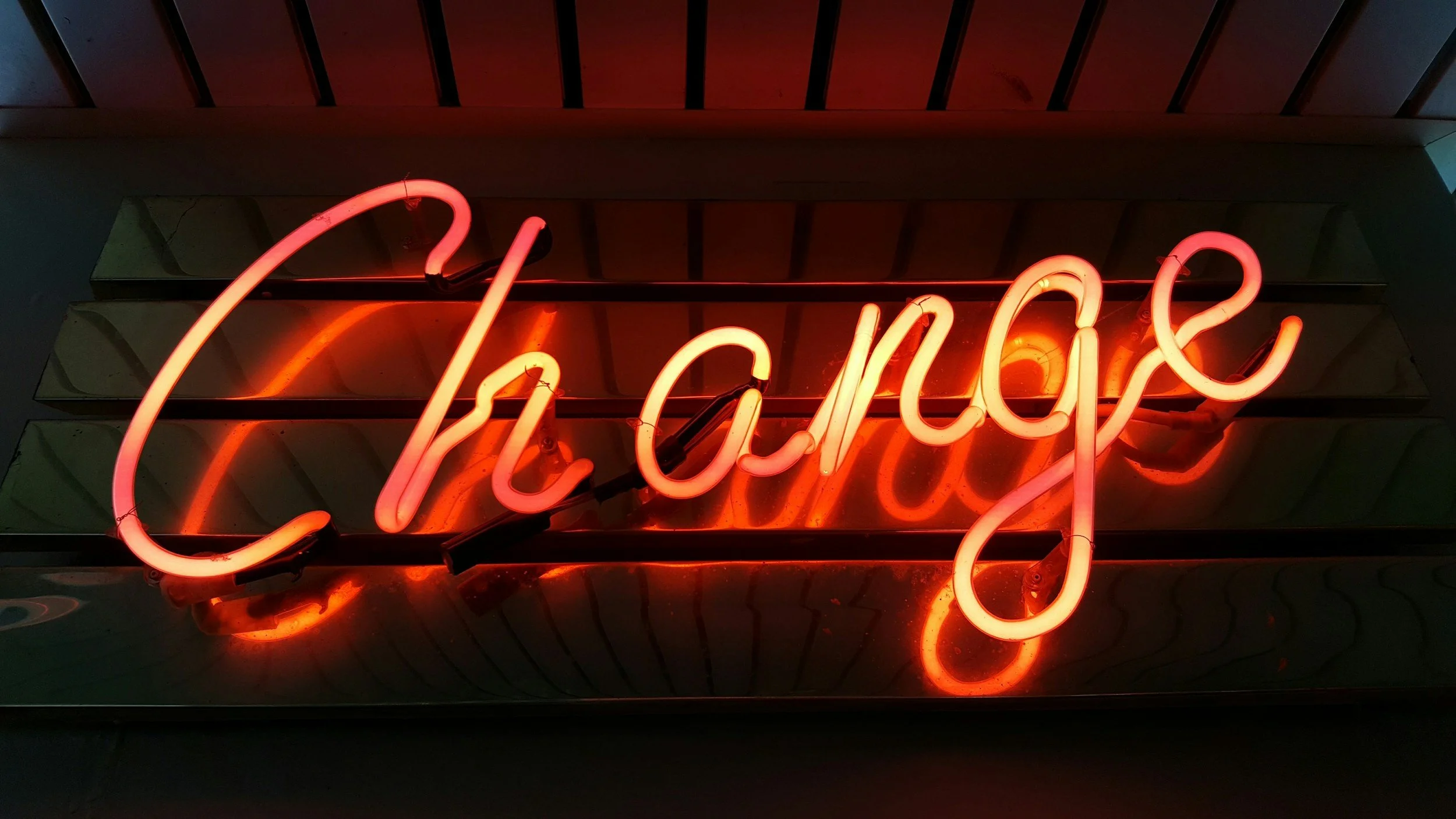
Grief Beyond Death: How Therapy Can Help You Navigate Non-Death Losses
Grief isn't only about death. Many people experience deep emotional pain after divorce, life transitions, health changes, or when life doesn’t go as expected. This blog explores how non-death grief shows up, why it matters to name it, and how therapy can help you process what you're carrying. If you’re feeling lost, overwhelmed, or not like yourself, your grief is valid. Support is available.

Sleep and Grief: Why Rest Feels Elusive After Loss
If you’ve found yourself staring at the ceiling at 2 a.m., waking up too early with your heart pounding, or sleeping more than usual but still feeling exhausted, you’re not alone. Sleep disturbances are one of the most common responses to grief, but they’re often overlooked. In my therapy practice, I frequently hear grieving clients describe their sleep as “off” or “weird.”

Therapy Intensives or Weekly Sessions? Finding the Right Fit for Your Healing Journey
If you’re feeling stuck, overwhelmed, or like you just don’t have time for therapy… well, you’re not alone. Many women I work with are juggling parenting, grief, perfectionism, and burnout, and they don’t have hours to spare each week. The good news? Therapy doesn’t have to look one specific way. Whether you need deep, focused work or a steady rhythm of support, this post breaks down the difference between therapy intensives and weekly sessions so you can choose the format that works for your real life (not just your ideal one).
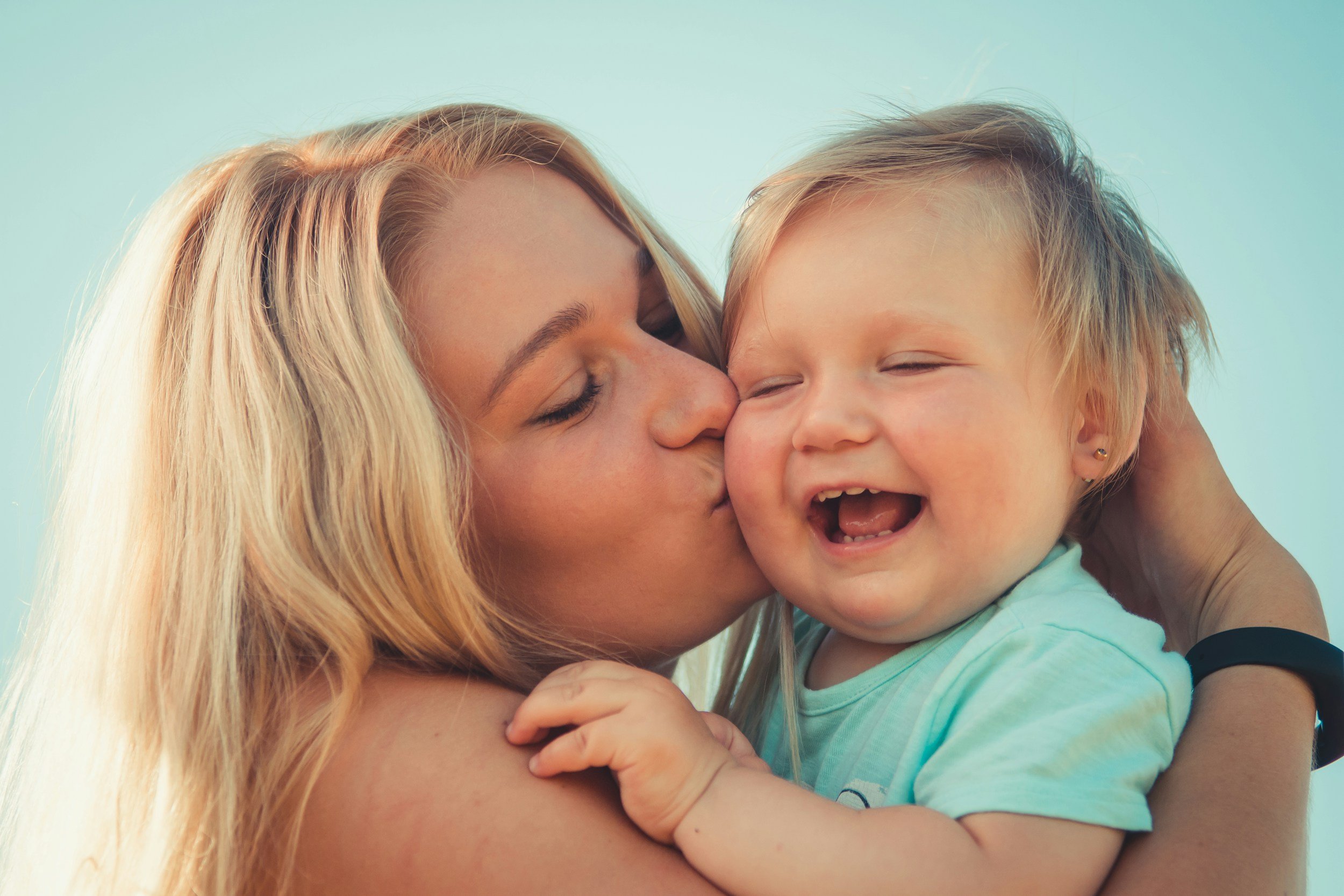
EMDR Isn’t Just for Big-T Trauma: How It Helps Moms Carry Less and Feel More
Many women carry the weight of unspoken emotional wounds, perfectionism, and chronic stress. Motherhood has a way of shaking all of that loose. And while it’s common to think of EMDR therapy as something only for major trauma, the reality is that EMDR can be just as powerful for the quiet, cumulative ways life has left its mark. At Reisinger Counseling, I work with women navigating this exact space—the not-quite-crisis, not-quite-okay seasons of life.

Grief Without Goodbyes: Coping with Estrangement, Divorce, or Lost Friendships
Not all grief has a funeral. Some losses come quietly—without a clear ending, without community support, and without permission to mourn. Maybe a friendship drifted apart after years of closeness. Maybe a parent stopped returning your calls. Maybe the end of your marriage brought relief and heartbreak in equal measure. This kind of grief is real. It’s confusing, lonely, and often overlooked. But just because no one else sees your loss doesn’t mean it isn’t heavy.
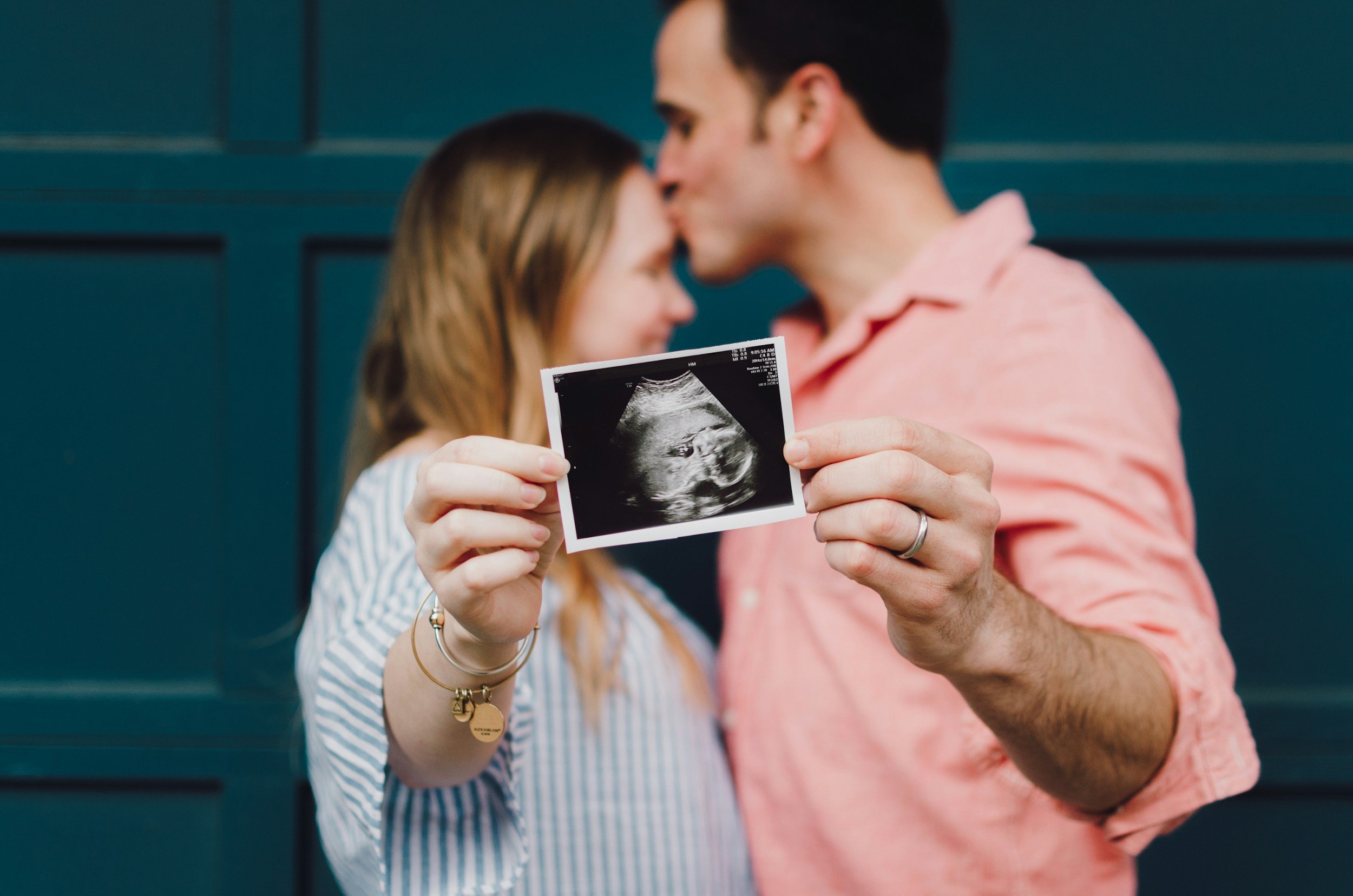
What Is Perinatal Mental Health and Why Does It Matter?
You might be pregnant, postpartum, or somewhere in between—and still feel like your emotional world has turned upside down. Maybe you’re excited and grateful and deeply overwhelmed. Maybe your thoughts won’t slow down, or you’re carrying a quiet heaviness no one else can see. If this sounds familiar, you’re not alone—and there’s a name for what you’re experiencing: perinatal mental health.
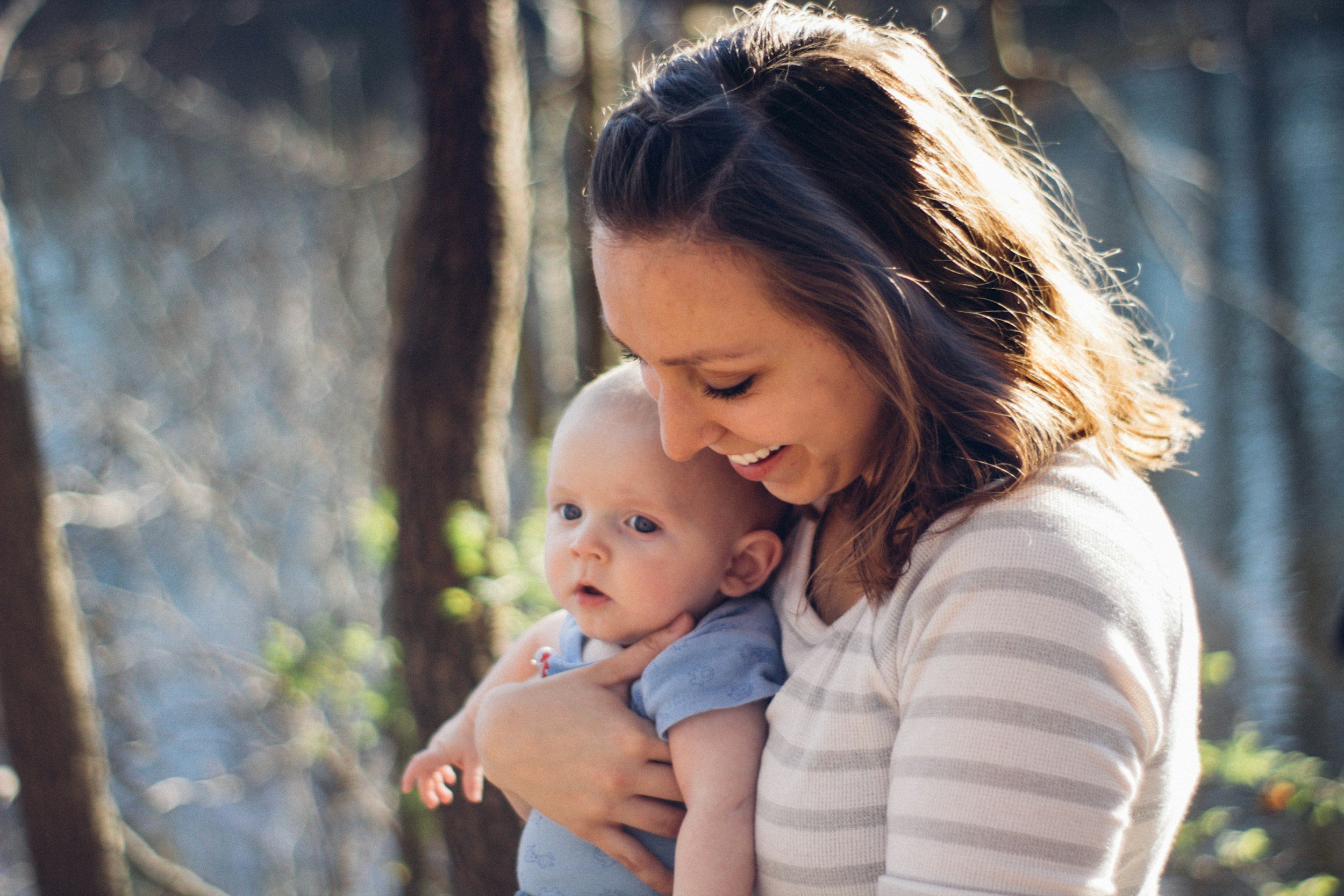
When You’re Smiling on the Outside: High-Functioning Postpartum Depression vs. Baby Blues
From the outside, everything might look picture-perfect: a well-fed baby, a spotless kitchen, a carefully crafted Instagram story capturing a quiet newborn moment. You’re doing all the things. And yet—something inside still feels off. You smile because you’re supposed to. You keep moving because everyone says you’re doing great. But under the surface, there’s a heaviness you can’t quite explain. This blog is for the moms who are functioning just fine on paper—but quietly suffering behind the scenes.

Grief Counseling for Miscarriage in Washington State: Support for Your Loss, Your Identity, and Your Healing
Miscarriage grief is complex, personal, and often invisible. You don’t have to face it alone. In this post, we explore a compassionate, real-world approach to grief counseling for miscarriage, including why outdated theories like the "stages of grief" can do more harm than good. Whether you're struggling with identity after loss, facing recurrent miscarriage or infertility, or simply seeking a space to process the pain, this guide offers validation, modern support strategies, and local resources for healing in Washington State.

Finding Healing: The Ultimate Guide to Grief Counseling Near You
Discover compassionate grief counseling near you in Washington State. Learn how personalized therapy, virtual sessions, and grief therapy intensives can help you navigate loss, trauma, and healing on your own terms. Find expert support tailored to your unique journey.
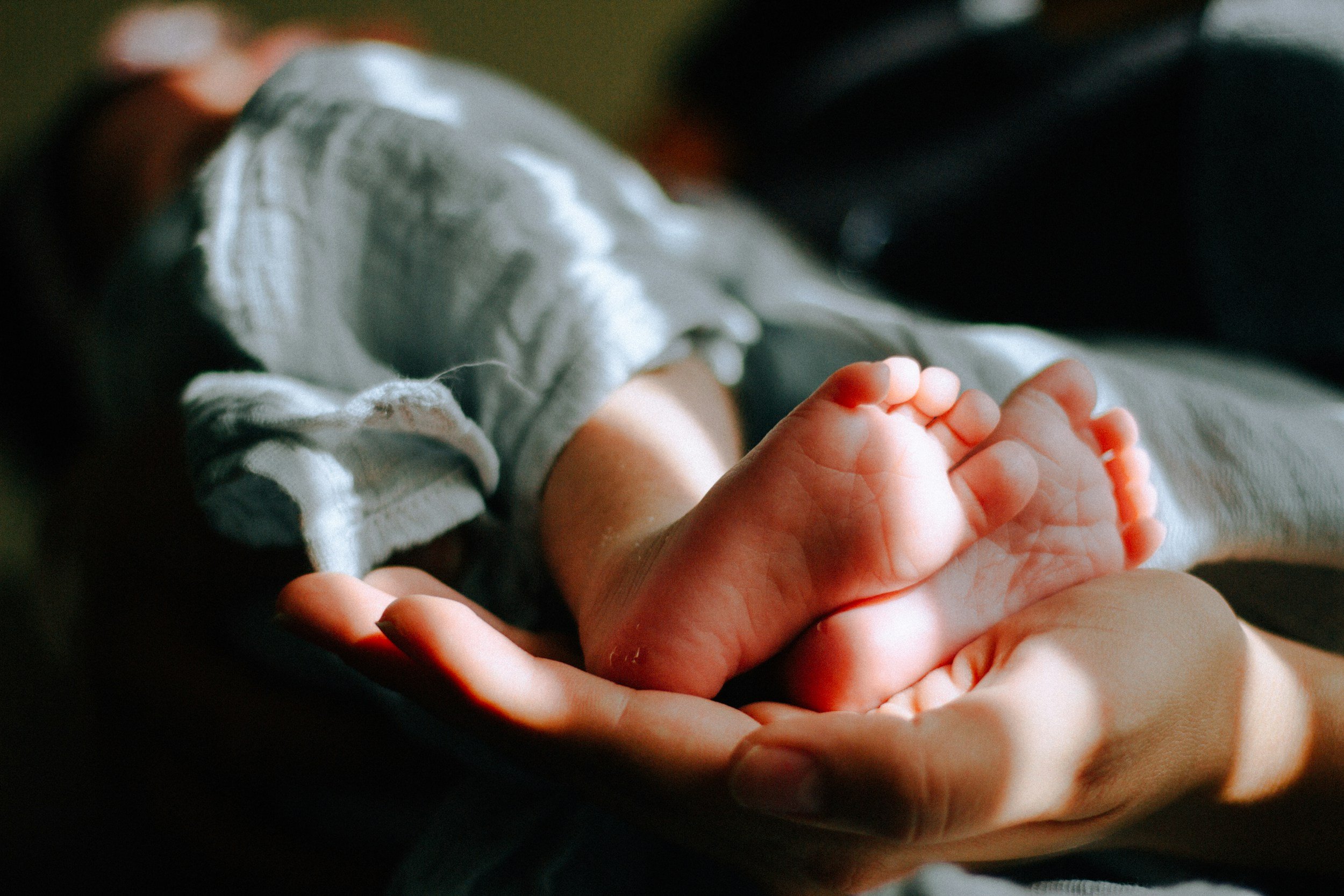
Adjusting to New Motherhood (when reality feels heavier than the brochures promised)
Adjusting to new motherhood is one of the most profound transitions a woman can experience—and often, one of the most misunderstood. While we expect some sleepless nights and emotional ups and downs, the full reality of this transformation can take us by surprise. From baby blues and breastfeeding challenges to birth trauma, identity shifts, and postpartum mental health, this blog explores what no one tells you about becoming a mom.

EMDR Therapy In Washington: A Powerful Path to Healing Grief and Perinatal Trauma
EMDR (Eye Movement Desensitization and Reprocessing) is a powerful, evidence-based therapy that helps people heal from trauma, grief, and emotional wounds by reprocessing stuck memories and shifting negative self-beliefs. In this blog, Jen Reisinger, a therapist specializing in perinatal mental health and grief, shares how EMDR differs from traditional talk therapy, how it supports mothers through pregnancy-related trauma and loss, and why EMDR intensives can offer accelerated healing.

Grief Therapy Intensives in Washington: A Deep Dive Into Your Unique Grief Journey
Grief doesn't follow a schedule, and sometimes weekly therapy just isn’t enough. A grief therapy intensive offers dedicated, uninterrupted time to explore how loss is impacting every part of your life—emotionally, physically, spiritually, and more. Whether you're navigating a miscarriage, child loss, or the death of a loved one, intensives allow you to deeply process your grief, understand your unique grief fingerprint, and reconnect with yourself in meaningful ways.

Running on Empty? How Motherhood, Grief, and Major Life Transitions Can Drain Your Capacity
You might think, “What’s wrong with me?” But here’s the truth: Nothing is wrong with you. This is how our nervous systems work.
Motherhood demands so much. And when you layer on top of that grief, postpartum recovery, or any major life transition—your capacity gets maxed out even faster. These seasons pull from your emotional, physical, and mental reserves. You might be “holding it together” for everyone else, but inside, your tank is running low.

Navigating Grief, Life and Loss: Through the Fog
When you’re grieving, it often feels like you’ve been dropped into a dense fog without a map. There’s a sense of disorientation, of being unsure what life even is now. You might look ahead and see… nothing. You can’t quite imagine what comes next. And the things that once felt so certain—your routines, your relationships, your sense of who you are—feel impossibly far away.

Navigating the Grief of Miscarriage: Healing Through Connection and Care
While it is estimated that one in four pregnancies ends in miscarriage, the grief that follows is rarely spoken about openly. Cultural norms around pregnancy encourage secrecy in the early weeks, which means that when a loss occurs, many women grieve alone. But grief is heavier when we carry it alone. The world moves forward, seemingly untouched by our pain, while we are left shattered, wondering how to piece ourselves back together.
